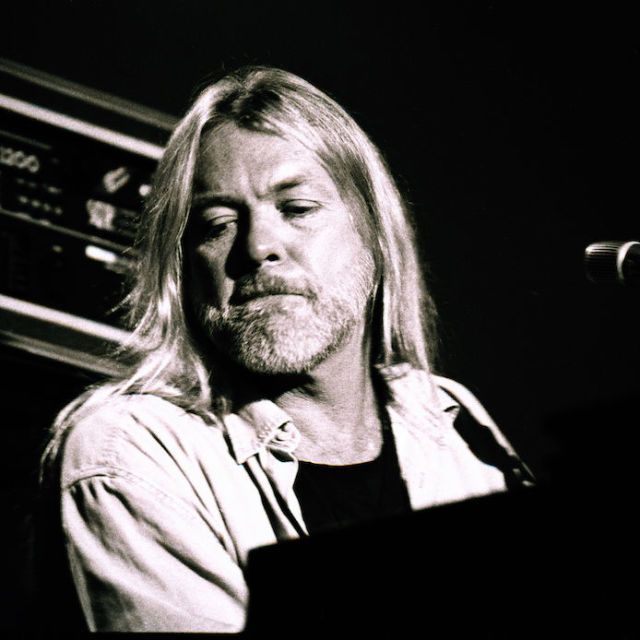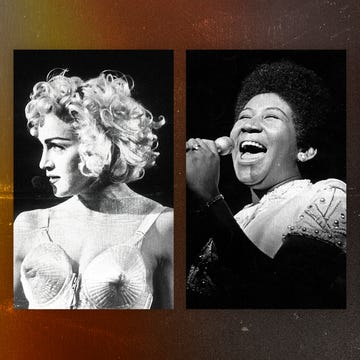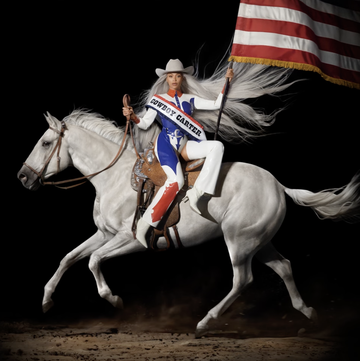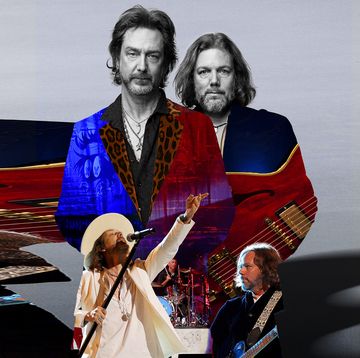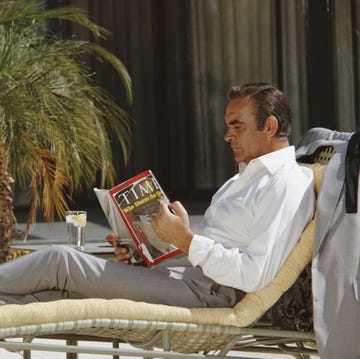"When we started playing music, rhythm 'n' blues was it," Gregg Allman told Esquire in 2013. "Otis Redding was king. And Ray (Charles) the high priest. That was needy music, man. I mean, stuff that would make you move part of your body! And when you hear a band and you have to move, then man, you're on the right track."
The Allman Brothers band—the band Allman founded with his guitarist brother Duane, along with guitarist Dickey Betts, bassist Berry Oakley and drummers Butch Trucks and Jai Johanny "Jaimoe" Johanson—was designed for movement. The sound, made by one of the first racially integrated bands, was a melting pot of R&B, rock, blues, and country music, and was unlike anything else on the musical landscape when the band burst onto the scene in the late 1960s. It was a sound that gave rise to a whole genre of similar bands—Lynard Skynard, the Marshall Tucker Band, and others—which came to be known as "Southern Rock," and the band's breakthrough album At Fillmore East just about single-handedly invented the jam band scene across its four sides.
Allman "passed away peacefully at his home" in Savannah, Georgia at the age of 69 following years of health issues, according to a statement on his website.
In a profession that sees superlatives thrown around carelessly, Allman truly was one of a kind; a legend. He was an imposing figure behind his Hammond B3, seated on the left side of the stage during Allman Brothers Band shows, and his intensity, and gravelly, blues-infused voice, was the thing that consistently helped him rise above the tabloid-like existence he and his bandmates traveled from the peak of their popularity in the 1970s onwards.
Allman endured the deaths of several band members–his brother and Oakley both died in similar motorcycle accidents and, earlier this year, Trucks committed suicide—six failed marriages, including one to Cher, nearly constant legal disputes and all too constant and highly public battles with drugs, alcohol, and health problems. In fact, the band's debauched behavior was so legendary–they reportedly once boarded their charted tour plane, which had previously ferried the Rolling Stones and Led Zeppelin, to lines of cocaine that spelled out "Welcome the Allman Brothers"–that they served as the source material for Cameron Crowe's 2000 film about, Almost Famous.
"Good god, we were bulletproof back then," Allman told Esquire in 2013.
But the music they made, songs like "Melissa," "Ramblin' Man," and especially the extended, blues jams like "Midnight Rider," "Statesboro Blues," and "Whipping Post," were enduring, transcendent moments of creativity by players that exhibited near telepathy in the studio and onstage, even while they were at each others throats most of the time offstage.
Allman remembered it all in his excellent 2013 memoir, My Cross To Bear. In an age when rock chronicles pepper the bookstore racks, it stood out for its honesty and humor.
"I had interviewed Gregg before and he was a very reluctant talker," his co-writer, Alan Light, told me not long after hearing about Allman's passing. "He hated doing interviews, and was far from a raconteur, life of the party type of guy. But whatever it meant to him, he turned out to be great—very open about everything, very reliable about our schedule and about what was required to make the book work. I'll never know if it was his health or why he dove in so deep, but it really did go as well as you could hope for such a thing."
Light also felt that Allman had a keen sense of his and his band's place in music history, and the wild days at the height of their fame, all the while hanging onto the Southern humility and charm he was known for.
"He was certainly confident about the contributions of the band and what stood them apart from everybody else," Light recalls. "He was entirely open and never apologetic about the wildness. He expressed regrets, but made no excuses, which he sure could have given how damn hard his life was in some ways, and how surrounded he was by tragedy from his earliest days. But he was proud of the musicianship and the innovation that the Allman Brothers Band represented, and bristled at comparisons to other Southern Rock or jam bands."
Ultimately, Light recalls, Allman saw himself in another league from many of the bands the Allman Brothers inspired.
"The Allmans were clearly the architects for an entire genre of music—even if they could play circles around the other Southern Rock bands, they created a template that others followed and that you still hear on the radio every day," Light says. "But Gregg connected to other traditions. He saw himself as a blues singer first, and surrounded himself with players up to the standard and caliber that his brother had set."
Duane Allman was just 24 when he died, but his mark on rock guitar is inestimable. His brother often cited him as the greatest slide player ever, and his death, followed by Oakley's shortly after, as well as the myriad tragedies that peppered his life, had a profound effect on Allman's outlook on life and death.
"There was certainly a sense that he was haunted, in some ways, but also that there was a power and an inspiration in those memories and relationships that he could draw upon," Light says. "I think he was driven by a certain amount of survivor's guilt, from his dad (who was killed by a hitchhiker when Allman was a boy) to his brother and all other band deaths and tragedies, all the way down to his more recent health issues. He clearly thought about his brother constantly–there were framed notes from Duane on the walls in Gregg's house–and I think he had the sense that he was on this earth to sing and to make music and, since apparently nothing could stop him, he was just going to keep grinding away at it. Gregg walked through fire, over and over, and survived."
